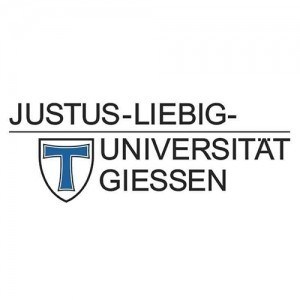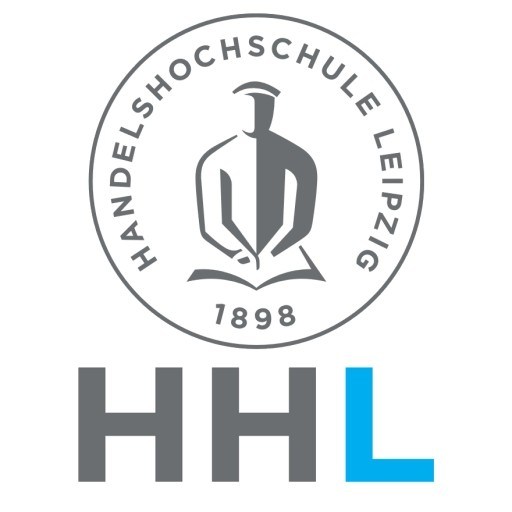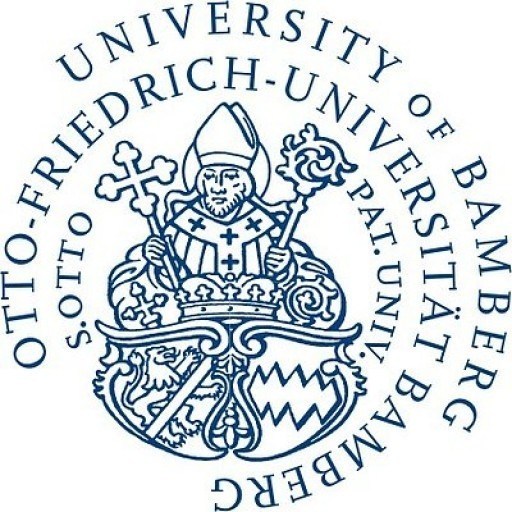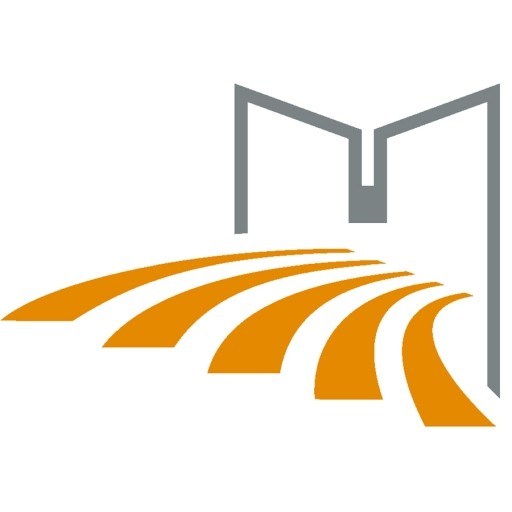Photos of university / #lmu.muenchen
A cross-divisional and thus more interdisciplinary scope of management issues will be investigated in the second module. The module focuses on the interrelation between markets and firms as well as on the relation between the different areas within a firm. It is taught by professors from EM Lyon and Munich School of Management. Students develop a well-founded understanding of the interactions between functional areas within companies, and learn to identify interdependencies from a more interdisciplinary point of view.
The third module focuses on professional experience. Each student sets up a personal professional project. The professional project comprises personal career goals and planned career moves. An internship in a related field is compulsory. Each student will be guided by a coach, who is a professor from EM Lyon or Munich School of Management. Students independently identify and analyse their own strengths and weaknesses against the background of the demands of the labour market. This mandatory internship abroad increases students' awareness of the special requirements of an international work environment.
In the second year, students must choose one of three specialisation modules:
The Corporate Finance specialisation at EM Lyon Business School's European campus in Lyon or Asian campus in Shanghai will train financial specialists with the skills to advance in a sector characterised by constant change, high risk, and continuous innovation. It focuses on financial diagnostics, corporate valuation, financial strategy, and structured financing. It prepares students for investment banking jobs, auditing of firms, and financial services within international companies. Students take eight courses. Some of these courses may be taught in French if the students master this language sufficiently.
The Strategy & Change specialisation addresses multiple aspects of management that are specifically important in a changing business environment. It is taught at the Munich School of Management. Issues such as strategy, organisation, and marketing are discussed, particularly with regard to the demands of changing markets in order to foster a firm's adaptability. Students develop an understanding of the main drivers of change and the theoretical and empirical challenges of change, both risks and opportunities. They are able to cope with these specific challenges using appropriate managerial skills and tools in the various functional areas of a firm. Students will thus acquire the methodology and the main skills required in order to take up executive positions in international companies and consulting firms.
The Corporate Development specialisation at LUMS in the United Kingdom will focus on the organic and in-organic ways of corporate growth.
The Master's thesis, which deals with topics related to the courses and the professional and personal interests of the student, completes the degree. With their theses, students demonstrate that they have developed sound knowledge, abilities, and methods related to business administration and international management issues. They will also be able to deal with problems within a fixed time frame. Successful students show that they are able to examine current issues in business administration from a well-founded and academic point of view, as well as from a practitioner's perspective.
Educational organisation
The programme is generally divided into five modules.60 ECTS are to be earned each year. Within the first year the trimester courses yield 24 ECTS (first trimester) and 21 ECTS (second trimester); the internship (report) accounts for another 15 ECTS.
During the second year, students receive 40 ECTS for the chosen courses and 20 ECTS for the Master's dissertation.
Triple Degree
(Master's degree from EM LYON, LMU Munich, LUMS)
Study abroad unit(s)
Participants spend the first semester of the programme at EM LYON (France) or Lancaster University Management School (UK).The third semester can be spent at EM LYON, LMU Munich or LUMS.
Internships
Two internships of at least twelve months in total in a related field are compulsory. Alternatively, a six-month internship and a full-time job after finishing the courses are allowed.Forms of assessment
Written exams, seminar/term papers, presentations, attendanceCourse objectives
The European Master in Management degree enables holders to work in any business administration-related field. Degree holders will have gained important abilities and knowledge which will enable them to develop faster and further in their career, especially in international enterprises.Language requirements
Applicants must provide proof of their English skills:Submission of a GMAT score and an IELTS score - 6.5 required (we also accept TOEFL/TOEIC)
Please note: if you are a native speaker of English, the language test is not compulsory.
Academic requirements
Bachelor's degreeCosts of living
Living costs (including accommodation and health insurance) in Munich range from 800 to 1,000 EUR per month.Services and support for international students
The International Office offers a support and integration programme to assist international students, doctoral students, and postdocs at LMU:http://www.en.uni-muenchen.de/about_lmu/contact/int_office/index.html








